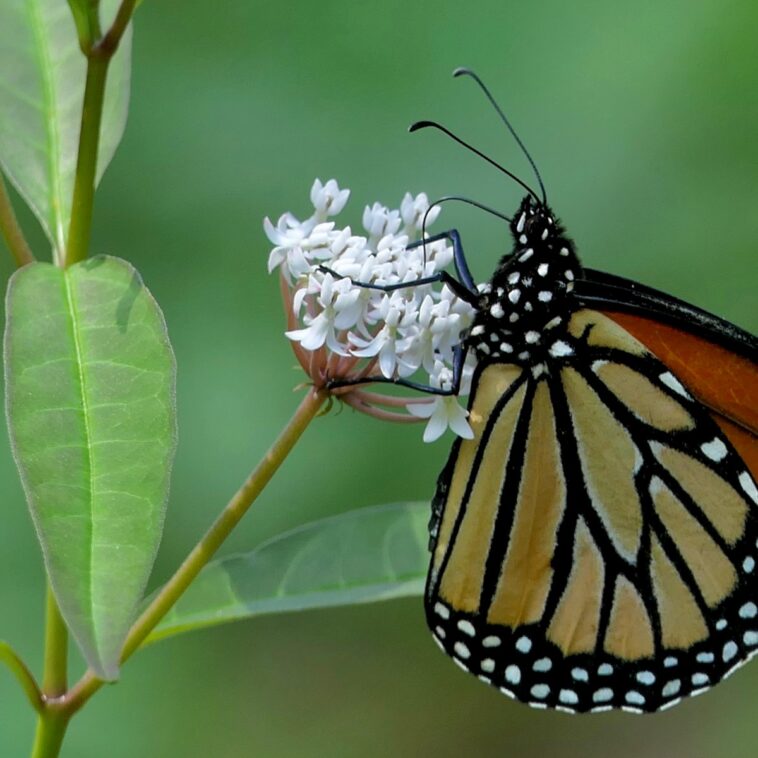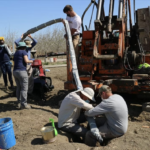During recent winters, volunteers from Georgia and other Southeast and Gulf states have provided thousands of observations of monarch butterflies.
This winter, the partnership of universities, agencies and other organizations called Monarchs Overwintering in the Southeastern States is asking the public to again report sightings. Dr. Sonia Altizer, a University of Georgia ecology professor and a director of Project Monarch Health, said the information can help scientists determine if these iconic but declining butterflies “can overwinter as non-breeding adults in the southern U.S. and how this might affect future population numbers.”
The monitoring will also help document how winter-breeding activity might influence their annual migration to Mexico. Understanding migration and overwintering behavior is crucial to conserving monarchs, particularly considering that they have been proposed for listing as endangered under the Endangered Species Act.
The public is encouraged to report sightings of monarch adults, eggs, larvae and pupae November-March in Georgia, the Carolinas, Florida, Alabama, Mississippi, Louisiana and Texas. Submit observations through Journey North or iNaturalist (details below).
DNR wildlife biologist Anna Yellin said project partners are grateful to all who have reported sightings.
“When we come together as a community as we have with this effort, we stand a better chance of protecting the monarch for future generations.”
REPORTING MONARCHS
Use either of these quick and free methods.
At journeynorth.org:
- Create an account
- Learn how to report monarch sightings
- November-March, submit monarch observations at journeynorth.org/sightings
At inaturalist.org:
- Create an account.
- November-March, submit report monarch observations using your web browser or phone app
- For season updates, join the iNaturalist monarch winter project




GIPHY App Key not set. Please check settings